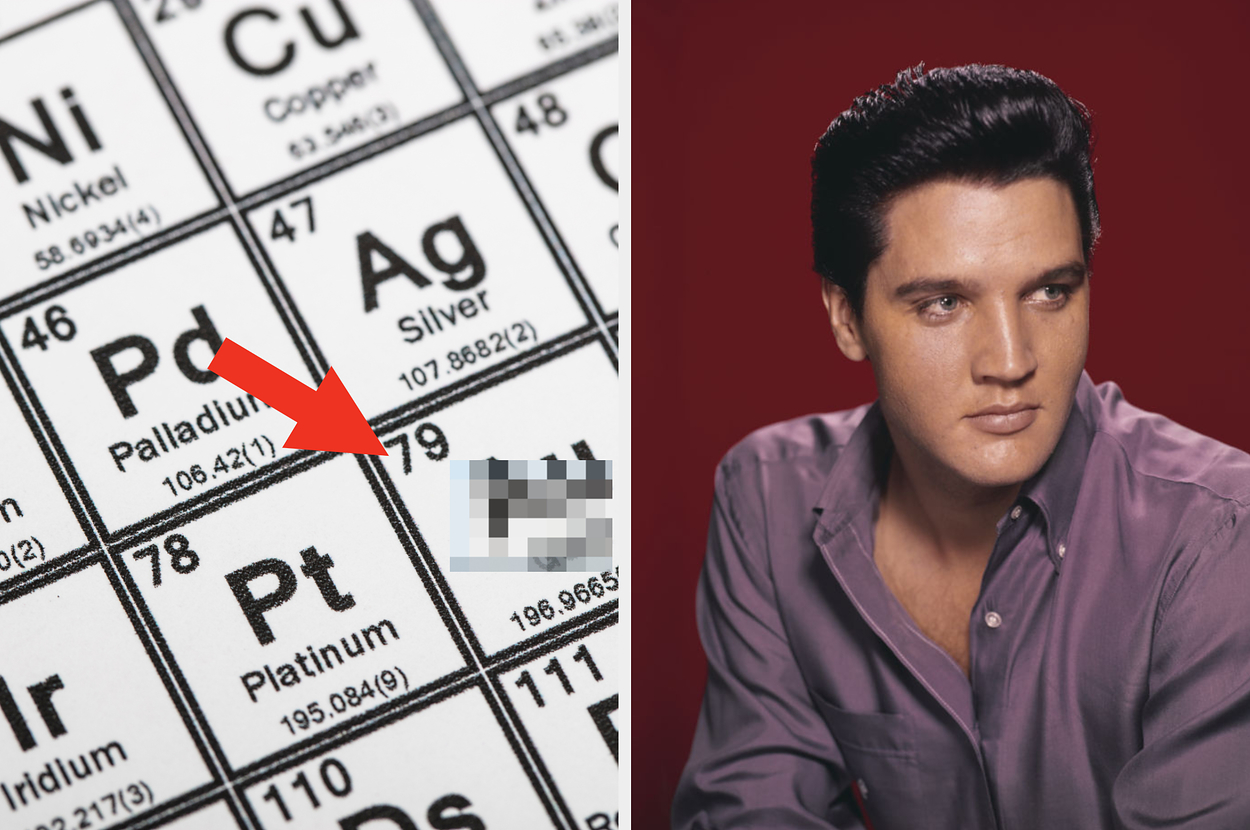Fossil-free though it may be, hydropower comes with its specific set of challenges. It has a high initial cost, and can often be invasive and destructive to local communities and biodiversity. Furthermore, it will, in all likelihood, become increasingly susceptible to droughts. But what if we could harness the power of the oceans themselves?
This is what Scotland-based Orbital Marine Power is aiming to do with its 2MW+ O2. Its developers say it is the world’s most powerful tidal turbine under commercial operation and a result of 15 years of refinement.
Now, Orbital has just won an Option Agreement from Crown Estate Scotland for a new tidal energy project in the Westray Firth. This is an area of water in the Orkney islands where tidal speeds can reach over 3m/s.
Adding more tidal turbines to marine energy centre
The low-carbon energy startup has already deployed one unit of the O2 at the European Marine Energy Centre (EMEC), supplying energy to the UK grid since July, 2021. Following the award of contracts for difference (CfDs) – the UK government’s main mechanism for supporting low-carbon electricity generation – from allocation round 4 last year, it is getting ready to install a further three turbines.
Essentially, tidal turbines work the same way a wind turbine does, only it is streams of water that move them, not air. Orbital’s floating O2 platform is 243 feet long and placed in tidal streams and moored to the seabed via strong anchors that hold it in place. It is connected to the local electricity grid via a subsea cable.
The device catches the powerful streams of water with underwater rotors attached to adjustable legs. Engineering and maintenance can then raise the legs above the surface for easier access. Furthermore, the rotor design can be reversed to adapt to different tide cycles.
Part of broader UK net zero strategy
Orbital will situate the new part of its Orkney project adjacent to the EMEC. The Option Agreement is for 30MW, which the company says would equate to approximately 12 new O2 tidal turbine devices across the site. Orbital has also confirmed it has the necessary grid connection in place to service the project.
Andrew Scott, CEO of Orbital Marine Power, commented on securing the Crown Agreement, stating,
“As the UK looks to accelerate the decarbonisation of its energy system, we firmly believe tidal projects can bring unique benefits while harnessing a perfectly predictable and secure source of renewable energy. We’re proud to be building that vision in Orkney with this investment in our Westray Project.”

Last year, Orbital also received strategic investment from Franco-American offshore oil contractor TechnipFMC to “accelerate market scale-up and deployment,” with TechnipFMC becoming a shareholder of the company.
Ocean energy could play a big part in energy transition, but needs to scale fast
The oceans do indeed have a great deal to offer when it comes to renewable energy. Tidal energy projects have long held significant potential, but is still an as-yet-underdeveloped energy source. In a 2018 report, the IEA named off-shore renewable electricity generation a “rising force in global energy.”
However, it needs to be deployed much more rapidly, hitting a target output of 27.0TWh by 2030 for a net-zero by 2050 scenario. This means it needs to grow at a rate of above 33% per year from now until the end of the decade, which would take several fleets of Orbital’s O2s.
But things are picking up. As reported by Power Technology, in the UK in 2022, four projects were awarded contracts for a total of 4.08MW.
Encouraging to see positive signals from @energygovuk in their announcement today of a ringfence allowance to support #tidalenergy in AR5 of this year’s Contracts for Difference scheme. 🙌https://t.co/1YbxIWIrkN
— Orbital Marine Power (@Orbitalmarine) March 16, 2023
Alistair Carmichael, MP for Orkney and Shetland, commented on the new project with Orbital,
“These are exciting times for tidal stream energy. Progress with Orbital’s Westray project is a vote of confidence in the potential here in the isles and demonstrates exactly why expanding grid capacity for Orkney has been so important.
“This good news is also evidence of the need for a more robust strategy from the government on tidal stream deployment, including continued and expanded backing in the next round of Contracts for Difference funding. We need to continue to ramp up development in the years to come.”
With a slew of tidal and ocean energy startups vying for the shores around the UK, perhaps this technology could be one of the keys to non-invasive and unobtrusive reliable renewable energy generation. Let’s wave and see.
Source link










Leave a Reply